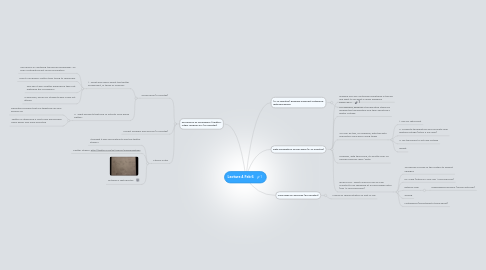
1. Data Acquisition Group Work (5-10 minutes)
1.1. Imagine you are controlling something in the lab and want to do what's called feedback
1.2. For example, keeping a temperature stable by reading the temperature and then adjusting a heater voltage
1.3. You can do this, for example, with the data acquisition card we're using today
1.3.1. 1. Ask for data point
1.3.2. 2. Compute temperature and calculate new heating voltage (often a PID loop)
1.3.3. 3. Tell the board to set new voltage
1.3.4. repeat
1.4. However, with this board, it's pretty slow: 20 milliseconds per read / write
1.5. QUESTION: What could you do as a lab scientist to do feedback at a much higher rate? (Say 10 microseconds)
1.5.1. Try having a model of the system to predict changes
1.5.2. PCI Card (latency is only like 1 microsecond)
1.5.3. External chip
1.5.3.1. Embedded processor (microcontroller)
1.5.4. Analog
1.5.5. Multiplexed (something to think about)
2. Overview of LabVIEW (30 minutes)
2.1. Hands on demonstration of part of lab
3. Discussion of colloquium / twitter, Other random Q's (10 minutes)
3.1. Group work (5 minutes)
3.1.1. 1. What was useful about the twitter assignment, in terms of science?
3.1.1.1. Successful in capturing the group knowledge--so even contributors got more information
3.1.1.2. And it's archived!--better than trying to remember
3.1.1.3. Feel like it was a better experience than just watching the colloquium
3.1.1.4. In principle, useful for students who could not attend
3.1.2. 2. What prevents that kind of activity from being better?
3.1.2.1. Definitely possible that live tweeting can piss people off
3.1.2.2. Twitter is stupid and a chat room would have been easier and more effective
3.2. Collect answers and discuss (5 minutes)
3.3. Steve's notes
3.3.1. I thought it was fascinating to see the twitter stream!
3.3.2. Twitter stream: http://twitter.com/#!/search/%23pandatalks
3.3.3. Anthony's sketchnotes
